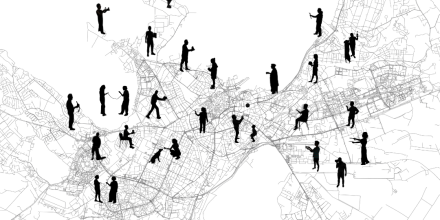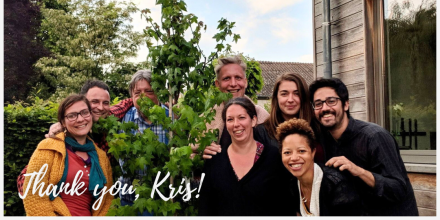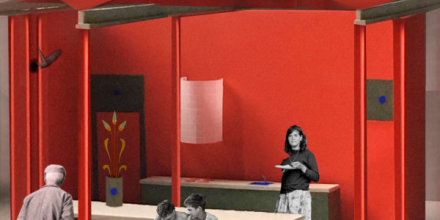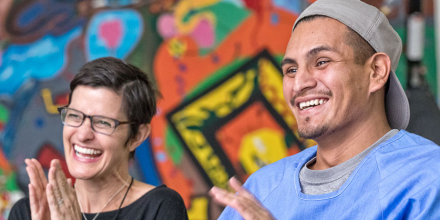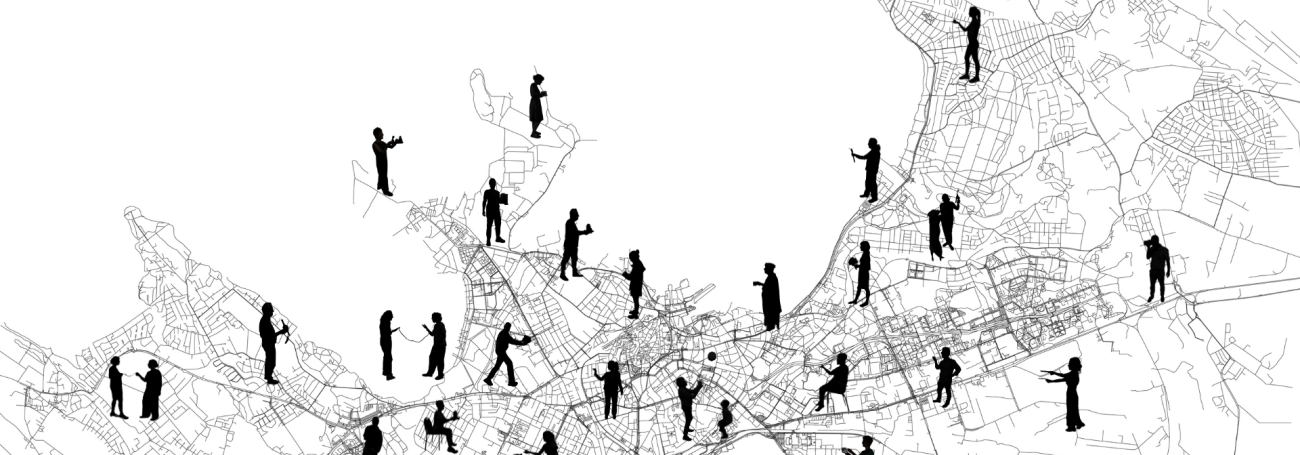
"Restorative justice matters because respect for human dignity matters, solidarity within diverse societies matter, justice matters and truth matters." - Watch Tim Chapman (former Chair of the EFRJ Board) outlining the significance of restorative justice for our societies today in the first part of our short video series.
Restorative Justice is an approach of addressing harm or the risk of harm through engaging all those affected in coming to a common understanding and agreement on how the harm or wrongdoing can be repaired and justice achieved.
The European Forum for Restorative Justice aims to help establish and develop victim-offender mediation and other restorative justice practices. Every person in Europe should have the right of access to restorative justice services, at any time and in any case.
Want to learn more? Follow these links.

